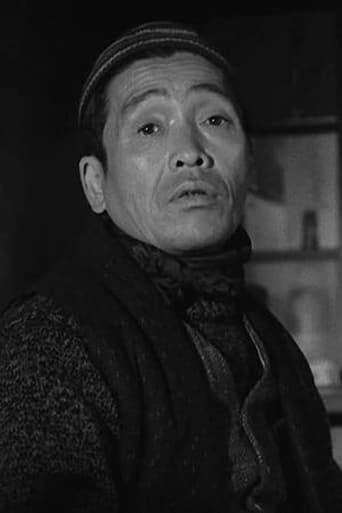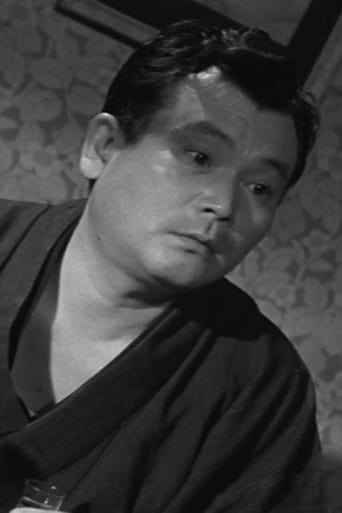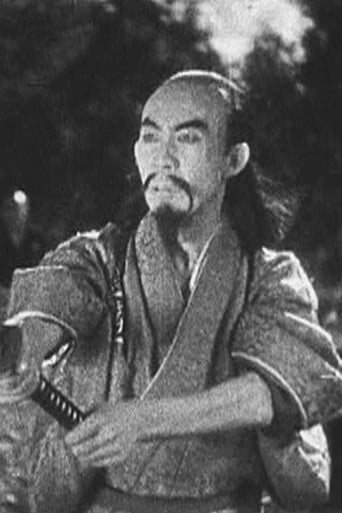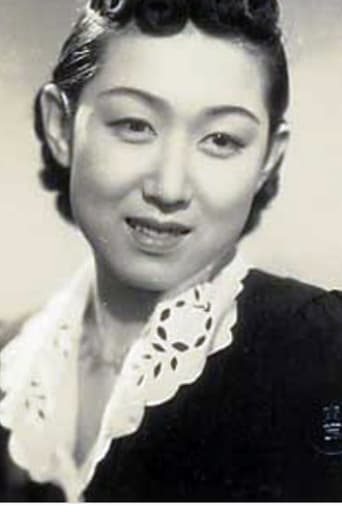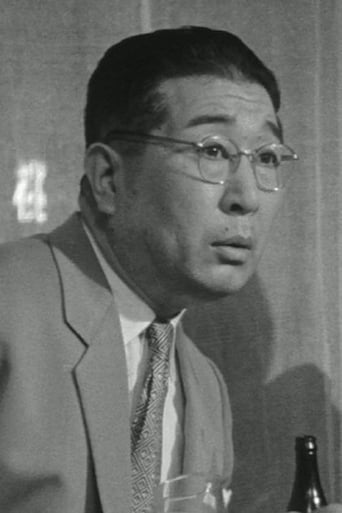Kirandeep Yoder
The joyful confection is coated in a sparkly gloss, bright enough to gleam from the darkest, most cynical corners.
Michael Kerpan (kerpan)
Tabi yakusha / Traveling Actors (Mikio NARUSE, 1940) This film like Ozu's "story of Floating Weeds" depicts a troupe of wandering kabuki players traveling through rural Japan. It seems to have been inspired by a tiny element of Ozu's film -- the funny "kabuki horse", animated by two performers -- the master for the front half (played by Kamatari FUJIWARA, of later Kurosawa fame) and the apprentice for the rear (Kan YANAGIYA). At first all goes well, and they makes friends with some accommodating local lady folk (Tamae KIYOKAWA and Sugiko ISE).Unfortunately, however, their local patron (a somewhat over-important barber, played by Ko MIHASHI) gets drunk and accidentally crushes the horse's head. After the two object to the pathetically repaired head he proffers, the barber decides that their fake horse was no good anyway (despite the audience approval they always received) -- and replaces them with a real horse. The displaced pair take their revenge, after moping awhile, by going on a rampage through the town (initially in their guise of a wild horse) and let the real horse loose. As the film ends, both the real horse and the two actors (now carrying their bits of horse costume) flee the town.Overall, a charming film. Lighter in tone than Ozu's film, it is more reminiscent of the contemporary work of Hiroshi SHIMIZU (albeit with a more conventional sense of pacing and structure). Some lovely rural cinematography by Seiichi KIZUKA. Also entertaining performances by the two halves of the horse. Especially noteworthy is a scene where Fujiwara demonstrates his mastery of horse noises for the lady-folk -- and Yanagiya unwittingly demonstrates why he is still only an apprentice horse's back end.
